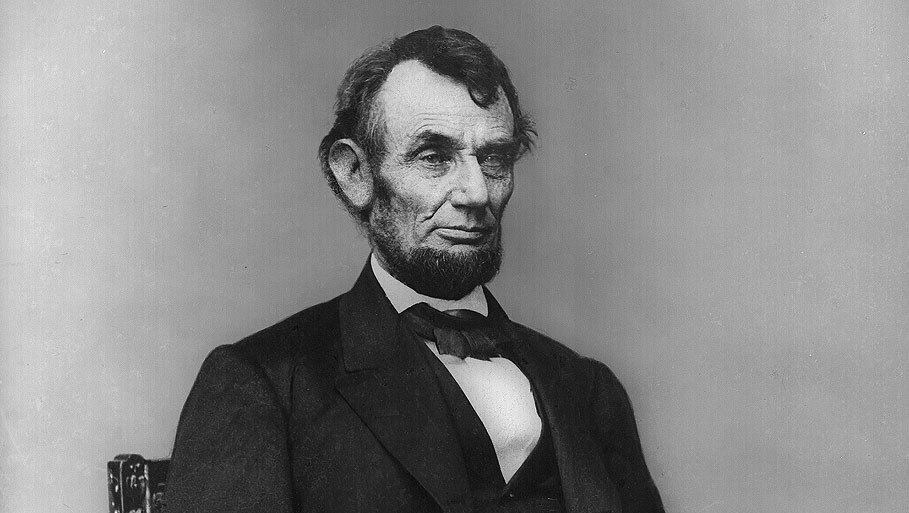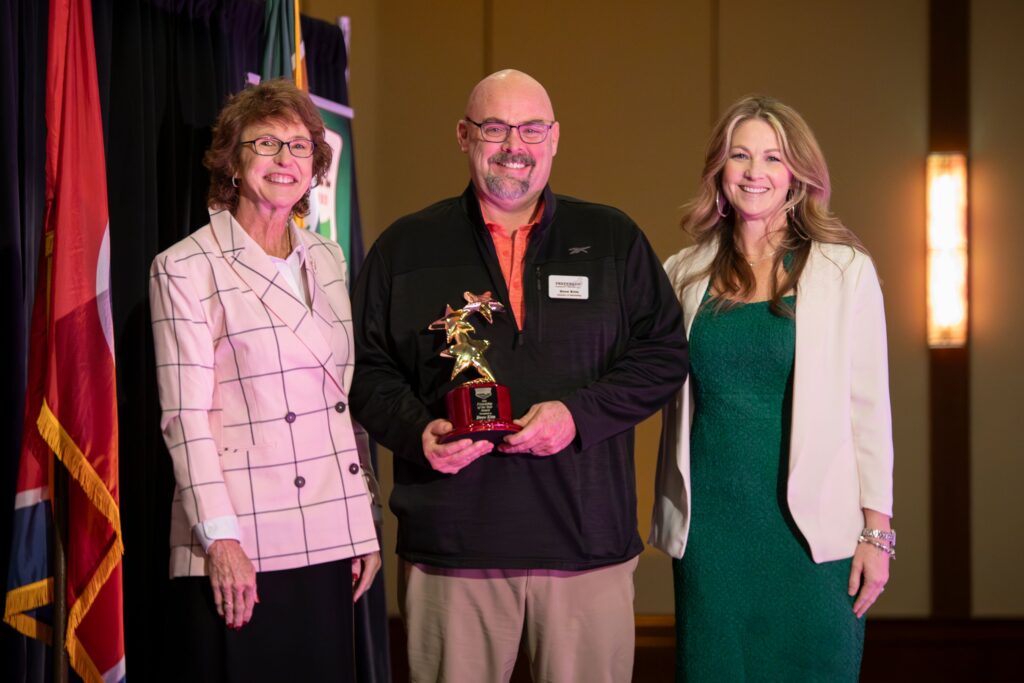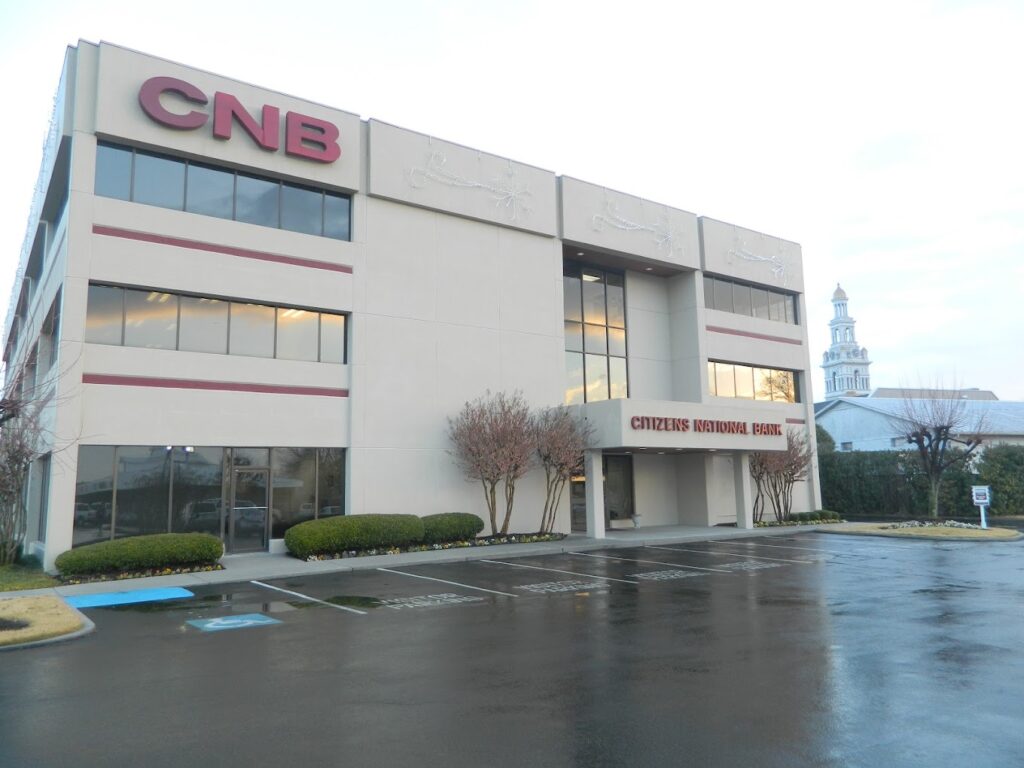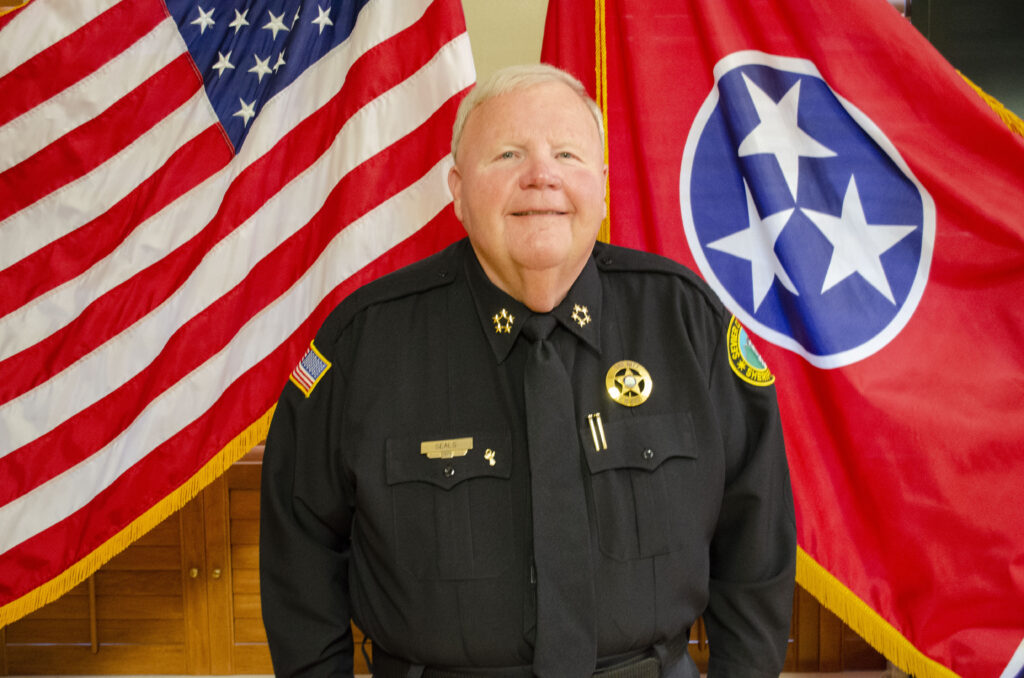A Few Brief Remarks
By Henry Piarrot
“Brevity is the soul of wit.” – William Shakespeare
Today, November 19, 2012 is the 149th anniversary of the day Abraham Lincoln spoke the most impressive 273 words of his presidency. Even after considering the insightful eloquence of this remarkable man, The Gettysburg Address stands alone atop the mountain of his prophetic writings.
On November 19, 1863, President Abraham Lincoln delivered “a few brief remarks” at the official dedication ceremony for the National Cemetery of Gettysburg in Pennsylvania. Those “few brief remarks” became known as the Gettysburg Address. On the site of one of the bloodiest and most significant battles of the Civil War, his two minute oration almost instantly became remembered as one of the most important speeches in American history.
Although he was not the featured speaker that day, Lincoln majestically invoked the principles of human equality contained in the Declaration of Independence and connected the sacrifices of the Civil War with the desire for “a new birth of freedom,” while driving home the importance of preservation of the Union created in 1776 and its ideal of self-government.
Today, our Nation can be seen as divided as at any time of Her existence. I thought it appropriate and fitting that on this anniversary I would share Lincoln’s words with hope of us understanding why this division we are experiencing can seriously damage our beloved Country to the point that our children will soon not be able to even explain what it means to be an American.
“Four score and seven years ago our fathers brought forth on this continent, a new nation, conceived in Liberty, and dedicated to the proposition that all men are created equal. Now we are engaged in a great civil war, testing whether that nation, or any nation so conceived and so dedicated, can long endure.
We are met on a great battle-field of that war. We have come to dedicate a portion of that field, as a final resting place for those who here gave their lives that that nation might live. It is altogether fitting and proper that we should do this.
But, in a larger sense, we can not dedicate — we can not consecrate — we can not hallow — this ground. The brave men, living and dead, who struggled here, have consecrated it, far above our poor power to add or detract.
The world will little note, nor long remember what we say here, but it can never forget what they did here. It is for us the living, rather, to be dedicated here to the unfinished work which they who fought here have thus far so nobly advanced.
It is rather for us to be here dedicated to the great task remaining before us — that from these honored dead we take increased devotion to that cause for which they gave the last full measure of devotion — that we here highly resolve that these dead shall not have died in vain — that this nation, under God, shall have a new birth of freedom — and that government of the people, by the people, for the people, shall not perish from the earth.” – Abraham Lincoln
A former Senator, Edward Everett was actually the featured speaker on that day. Everett spoke for two hours before Lincoln arose to offer his thoughts. Today, Lincoln’s few appropriate words are now universally regarded as one of the most famous speeches in American history, while Everett’s are mostly forgotten. Everett himself recognized the genius of Lincoln’s brevity in a note that he sent to the President shortly after the event when he wrote, “I should be glad, if I could flatter myself that I came as near to the central idea of the occasion, in two hours, as you did in two minutes.”













